mentorship
I work with many students, researchers, postdoctoral scholars, and collaborators.
Prospective students: I typically recruit 1-2 new PhD students each year. I have a general policy not to speak to candidates in advance of the admissions process. This allows me to treat candidates equitably. I will reach out to candidates who apply to the UW Information Science PhD program and make our shortlist to discuss your research ideas and share more about our current research projects.
In the meantime, you are in the right place to review recent publications and projects to help inform your research statement and other application materials. If you are interested in information integrity and manipulation, please also browse our work at the Center for an Informed Public.
doctoral students
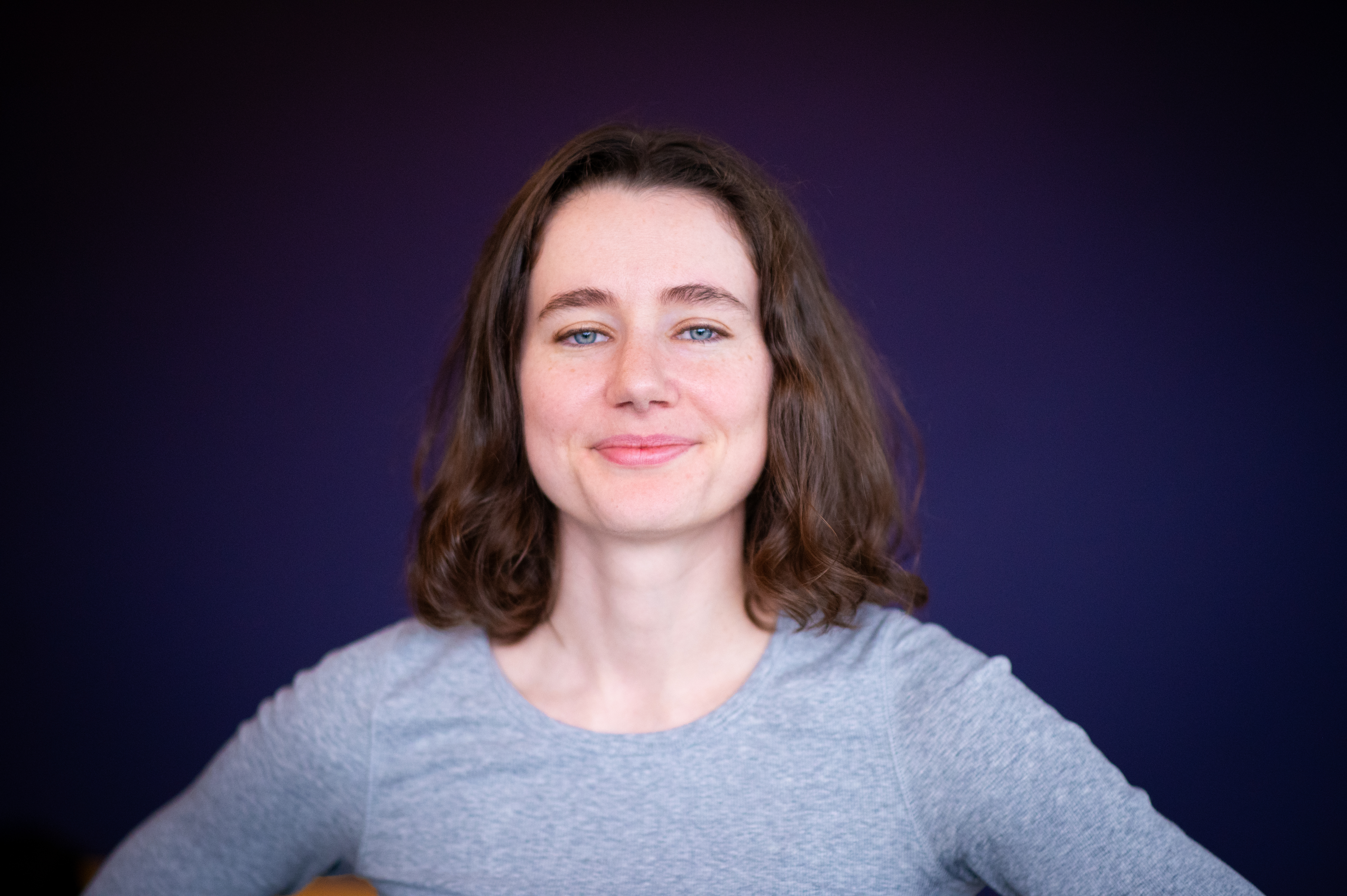
Sydney DeMets
Doctoral Candidate. Information School.
Sydney studies the influence of medium and opinion leaders on rumors, problematic information, and their diffusion. She specifically applies methods, concepts, and theories from network science to explore how medium and prominent actors interact to impact the mutability of information and cross-media information cascades. As a researcher with a relational view of the world, Sydney wants to understand how our social networks and information environments shape our epistemologies and behaviors.
Information School, University of Washington, Seattle WA 98195
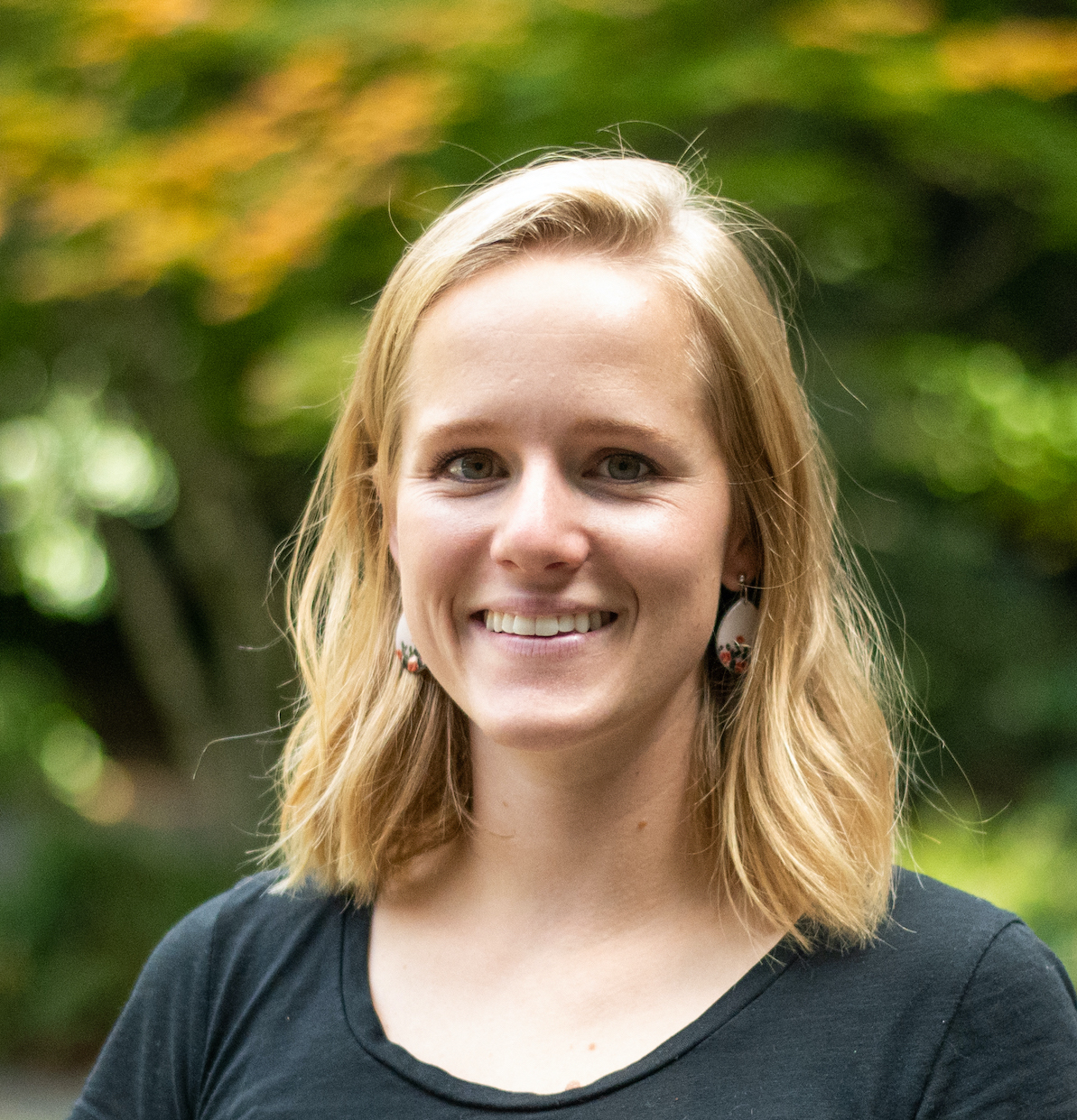
Kayla Duskin
Doctoral Candidate, Information School.
Kayla’s work aims to understand the impacts and utility of interventions designed to mitigate problems of misinformation and polarization in online information environments. She is particularly interested in how these issues are mediated by the systems and moderation actions deployed by social media platforms. Taking a computational social science approach, Kayla applies methods from network science, machine learning, and causal inference to understand and address societal issues.
Information School, University of Washington, Seattle WA 98195

Kristen Engel
Doctoral Candidate, Information School.
Kristen's work seeks to better understand user engagement with rumors, conspiracy theories, and interventions across online platforms. Kristen draws on human-computer interaction and data science techniques informed by social science to empirically measure and experimentally mitigate problematic interactions. Kristen's work aims to contribute to online trust and safety by aiding user disengagement from and resilience against rumors and conspiracy theories while minimizing harms.
Information School, University of Washington, Seattle WA 98195
Izzi Grasso
Doctoral Candidate. Information School.
Izzi Grasso (they/them) is a fourth year PhD candidate in the iSchool whose work sits at the intersection of information studies and feminist research. They are interested in the experiences of survivors of gender based violence as a result of pervasive online discourse surrounding high profile abuse cases. Izzi conducts survivor facing research and is passionate about developing feminist ethics of care and methods in this space.
Information School, University of Washington, Seattle WA 98195
postdoctoral researchers
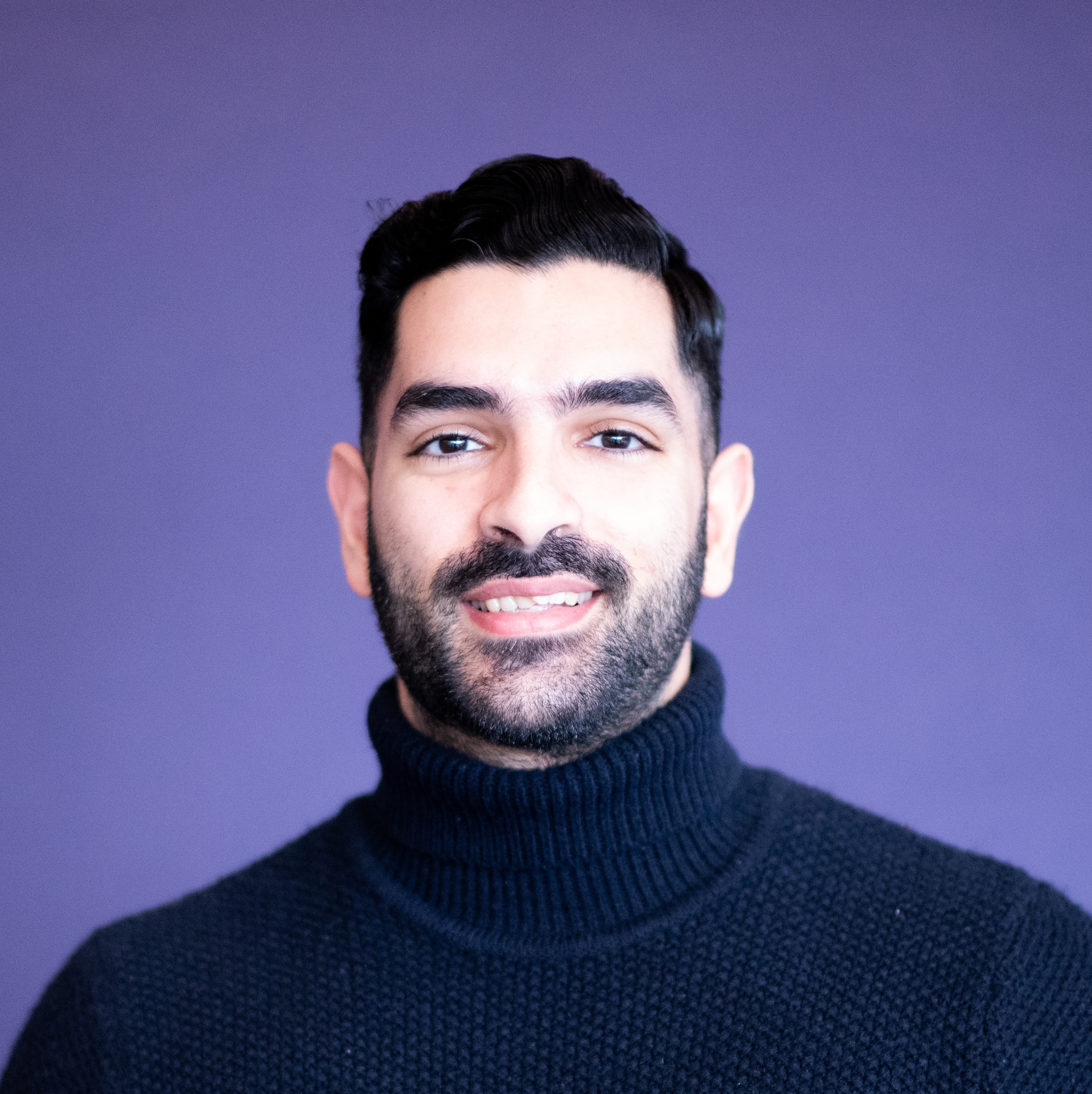
Dr. Efstratiou
Postdoctoral Scholar. Center for an Informed Public.
Dr. Efstratiou received his PhD in Computer Science from University College London. His primary research area is polarization in online social networks, with particular focus on how polarization is related to online information flows and how it manifests through the politicization of traditionally non-political topics. His work employs a variety of techniques, ranging from natural language processing and social network analyses to traditional survey and experimental methodologies. In addition to his PhD, Efstratiou holds an MSc in Behavioral Science from Durham University and a BSc in Psychology from the University of East Anglia.
Information School, University of Washington, Seattle WA 98195
alumni - postdoctoral scholars
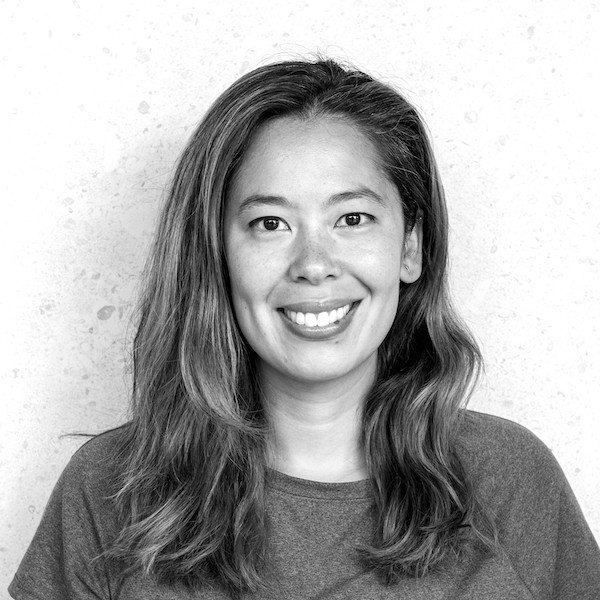
Dr. Kolina Koltai
Senior Researcher.
Kolina Koltai is a senior researcher and trainer at Bellingcat. An expert in how sociotechnical systems influence the decision making of social groups, she received her PhD from the University of Texas's School of Information, has previously worked at the Center for an Informed Public at the University of Washington.
Bellingcat.
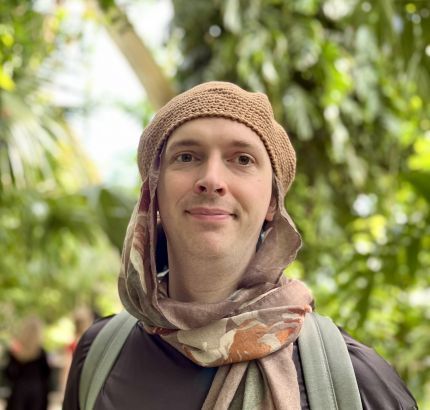
Dr. Peaks Krafft
Lecturer, Computational Sociology
Dr. Peaks Krafft (they/them) is Lecturer in Computational Sociology and Co-Director of the MSc Digital Sociology at the University of Edinburgh. Prior to joining Edinburgh, Dr Peaks launched the University of the Arts London's MA Internet Equalities and before that lectured in Social Data Science at the University of Oxford Internet Institute. Dr Krafft received their PhD in Computer Science from MIT in 2017 and undertook postdoctoral work at the University of Washington Information School, the University of California Berkeley Department of Psychology, and the Data & Society Research Institute. Their publications cross AI, cognitive science, science and technology studies, communications, and sociology.
University of Edinburgh

Dr. Anna Swan
Qualitative Researcher
Dr. Anna Lee Swan received her PhD in Communication from the University of Washington in 2021. She previously worked in a research position at the Center for Evaluation and Research for STEM Equity. Her research broadly addresses the intersection of gender and social media content creation, and she has worked on several projects related to misinformation and health/wellness.
AnitaB.org
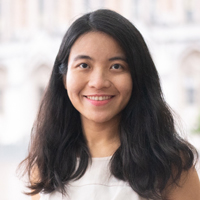
Dr. Yiwei Xu
Assistant Professor, University of Maryland
Dr. Xu is an Assistant Professor University of Maryland College of Information (UMD iSchool). She received her Ph.D. from the Department of Communication at Cornell University (Ithaca, NY). Dr. Xu studies how to leverage information and technology for social good, including (a) promoting health behaviors and improving health equity, (b) understanding selective exposure and reducing polarization, and (c) addressing problematic information. She conduct experiments, surveys, and content analyses by incorporating computational methods. Her work appears in venues such as Health Communication, Political Communication, International Journal of Communication, Race and Social Problems, and ICWSM. Dr. Xu was awarded a Doctoral Dissertation Research Improvement Grant (award #2242458) in Decision, Risk & Management Sciences from the National Science Foundation (NSF) for their dissertation. She also received a Top Paper Award and Annie Lang Outstanding Dissertation Award from the International Communication Association (ICA) Information Systems Division.
University of Maryland, College Park
research scientists
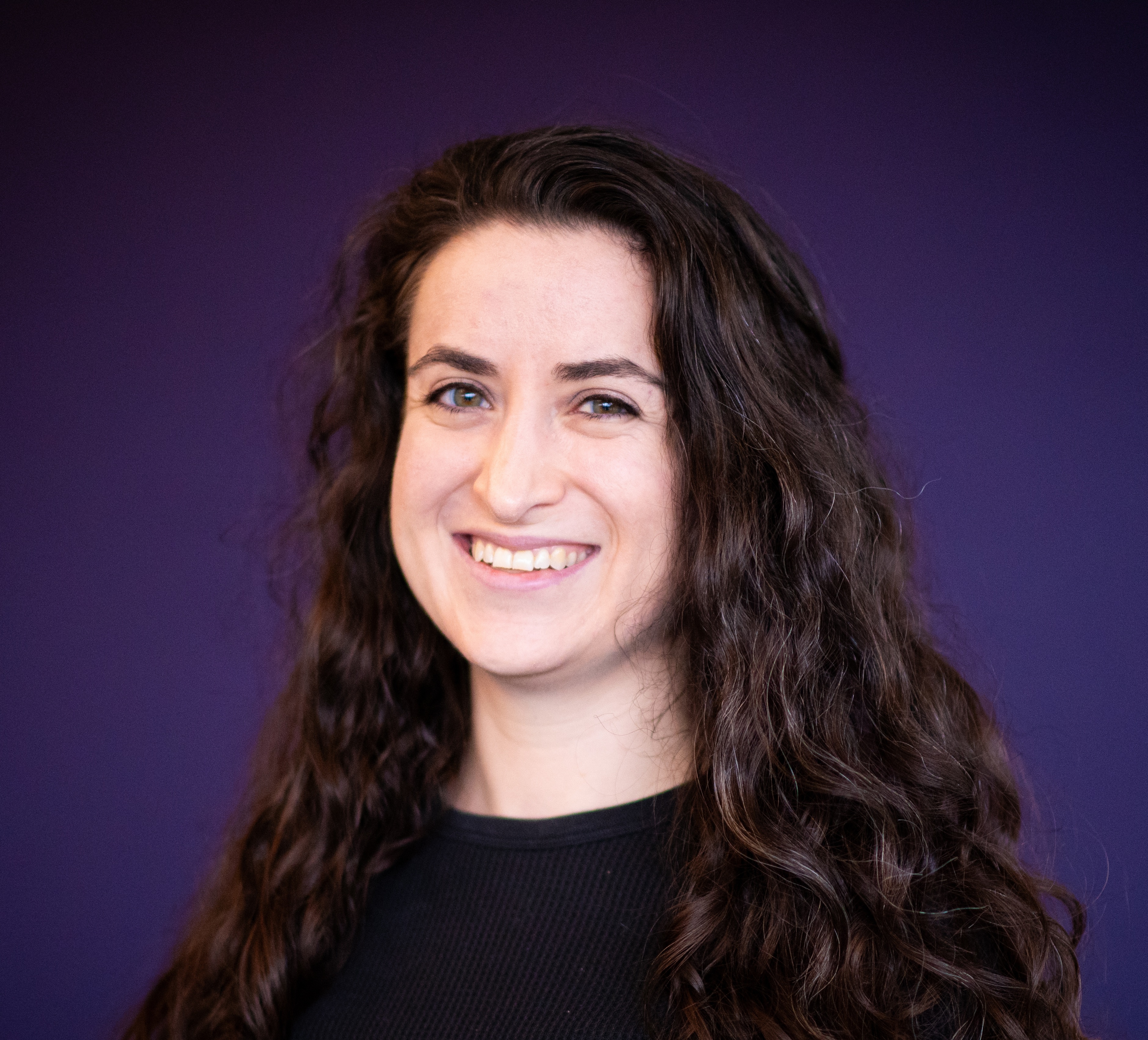
Dr. Madeline Jalbert
Research Scientist. Center for an Informed Public.
Madeline's current research focuses on understanding how judgments of truth and consensus play out in naturalistic contexts. She uses this work to shed light on effective strategies for preventing and correcting the spread of misinformation. Madeline received her doctoral degree in Social Psychology from the University of Southern California in 2021, and she was awarded a Postdoctoral Fellowship through the National Science Foundation's Directorate for Social, Behavioral, and Economic Sciences in 2024.
Information School, University of Washington, Seattle WA 98195
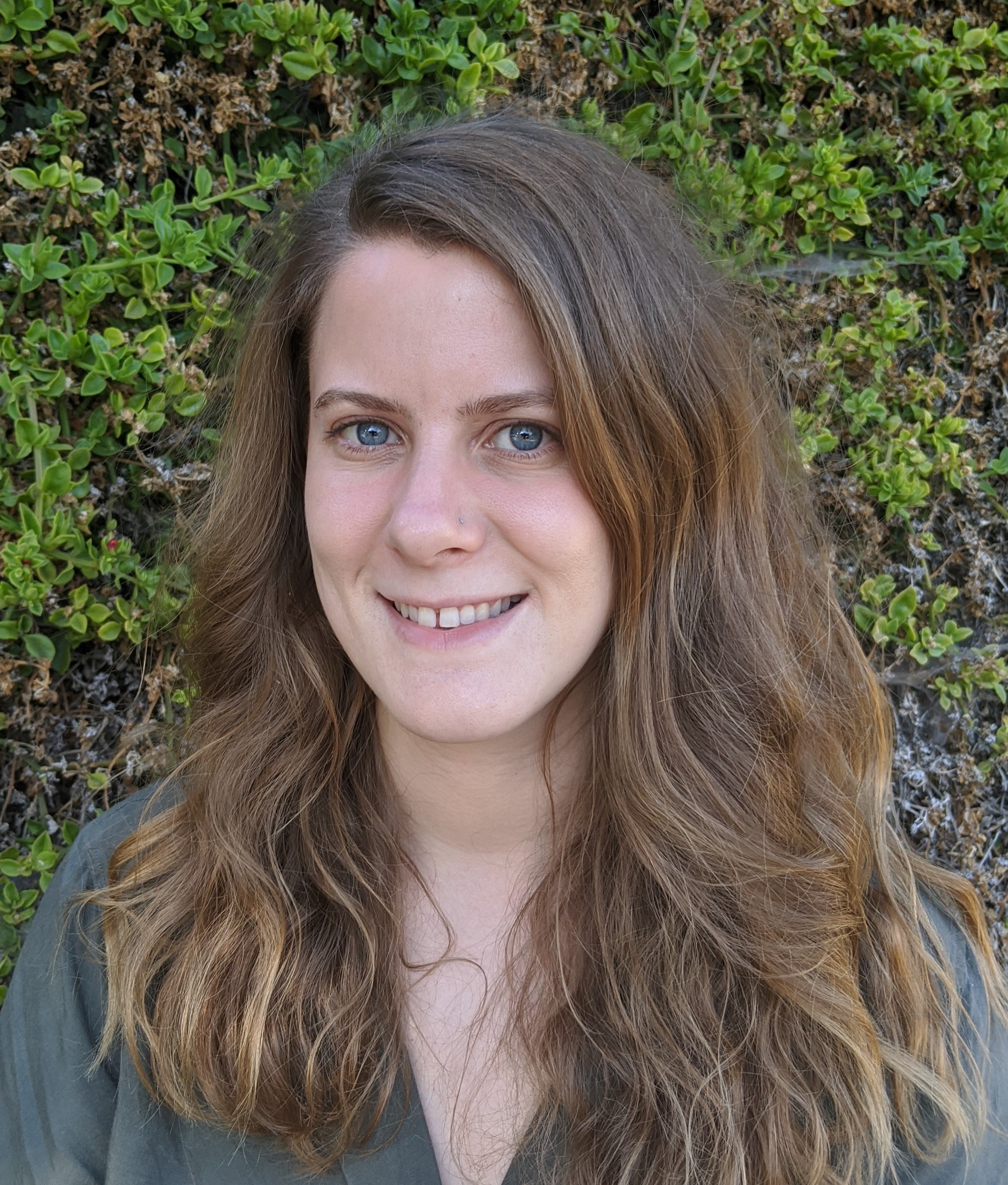
Dr. Rachel Moran-Prestridge
Senior Research Scientist. Center for an Informed Public.
Dr. Moran received her doctoral degree from the Annenberg School for Communication and Journalism at the University of Southern California. Her research explores the role of trust in digital information environments and is particularly concerned with how trust is implicated in the spread of mis- and dis-information. Her research has been published in Information, Communication & Society, Digital Journalism, Journalism Practice, Media, Culture & Society and Telecommunications Policy. Dr. Moran also holds a BA and an MA in Social and Political Science from Cambridge University and an MA in Political Communications from Goldsmiths College, University of London. She was the Oakley Endowed Fellow at USC for 2018-19 and the 2018 Benton Foundation Junior Scholar.
Information School, University of Washington, Seattle WA 98195
alumni - doctoral students
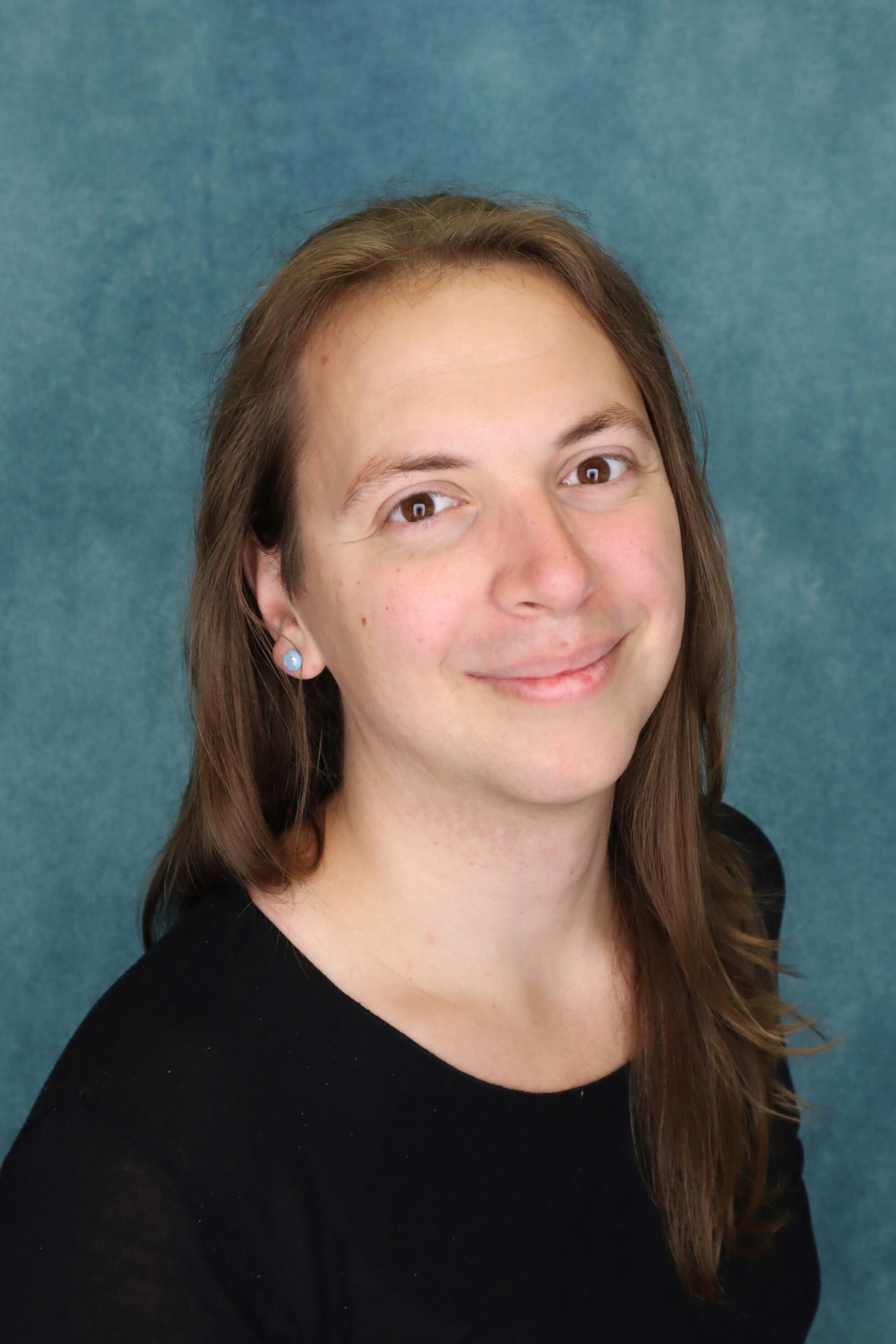
Dr. Anna Beers
Postdoctoral Scholar. Center for Information, Technology, and Public Life @ UNC.
Dr. Beers studies social media influencers, science communication, and right-wing extremism on social media using network science, machine learning, and mixed methods. More specifically, they focus on understanding how different social media influencers in United States digital politics work together and against each other to produce the "news" we see online, with a particular emphasis on where this process breaks down. Dr. Beers has published work in venues such as Science Advances, ICWSM, The Journal of Online Trust and Safety, AoIR, and others.
Center for Information, Technology, and Public Life, University of North Carolina
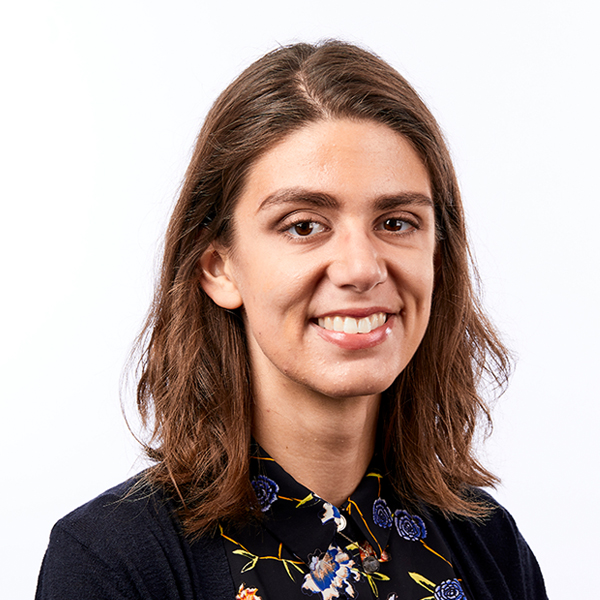
Dr. Nina Cesare
Research Scientist. Biostatistics and Epidemiology Data Analytics Center @ BU.
Dr. Cesare is a research scientist at Boston University’s School of Public Health. They strive to create work that bridges data science and sociology. Dr. Cesare draws heavily upon sociological theory in developing pathways for exploration, and find ways of using novel sources of social data to explore these trends. Much of her work leverages digital data - primarily, data from Twitter. Due to the richness of our digital lives, social data is everywhere. It is her job as a sociologist to seek these data and translate them into beneficial insight for the social world. In doing so, Dr. Cesare explore the benefits and methodological/ethical challenges of conducting social research using data not designed with social researchers in mind. In addition to exploring the use of digital data, Dr. Cesare am interested in how context influences wellness. Much of their teaching and research explores the spatial and social complexity of social determinants of health. Dr. Cesare works with investigators across disciplines in understanding how place and health are linked.
School of Public Health, Boston University

Dr. Yim Register
Dr. Register received their PhD as an NSF GRFP Fellow from the the University of Washington Information School. Their dissertation is entitled: "The Future of AI Can Be Kind: Strategies for Embedded Ethics in AI Education." Dr. Register studies ways that AI algorithms can cause harm, and the best practices for identifying and remedying such algorithmic harms. Their main focus is AI education – using trauma-informed computing to teach AI in empowering, inclusive, and supportive ways. Dr. Register studies the full life cycle of ML algorithms – from data collection to model selection to model evaluation and deployment; all with the goals of societal benefit and user safety and empowerment. From basic regression to large language models (LLMs), their goals are to quantify bias in the data and output, as well as identify potential harms that may come from the technology we create. When we create technology with compassion, we create a better world for everyone. Dr. Register has worked with RStudio, Code.org, MD4SG, and the Center for an Informed Public. They also do visiting talks and workshops, such as The Future of AI Can Be Kind or Mental Health, Social Media, and Empowerment. They often create educational resources and guest lecture on AI/ML topics.

Dr. Shawn Walker
Assistant Professor. Critical Data Studies, School of Social & Behavioral Sciences @ ASU.
Dr. Walker's research focuses on two complementary areas: 1) new forms of political participation emerging on social media platforms and 2) the related challenges of collecting, analyzing, and preserving data from social media platforms. This work examines how new forms of political participation are emerging on social media platforms through the analysis of social media posts surrounding social movements, protests, and elections. Their work on social media methods also addresses gaps in our understanding about social media data, collection methods, and the implications (ethics, representation, etc.) of using those methods. Dr. Walker received their PhD in Information Science from the University of Washington Information School. They are a founding member of the Social Media (SoMe) Lab @ UW and a member of the DataLab. Dr. Walker also earned degrees in International Studies, and Liberal Studies, with a focus on public policy and technology, from Northern Kentucky University.
School of Social & Behavioral Sciences, Arizona State University
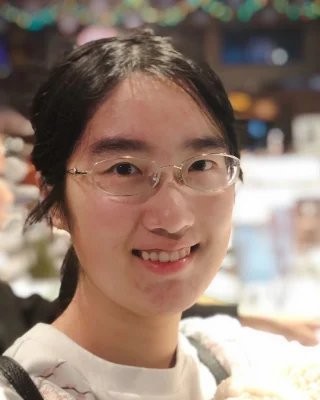
Dr. Li Zeng
Assistant Professor. TS Social and Behavioral Sciences, Methodology and Statistics @ Tilburg University.
Dr. Li Zeng is an Assistant Professor at the Department of Methodology and Statistics at Tilburg University. Dr. Zeng develops theory and methods for the analysis of large-scale social media data with a focus on how such data can be used to better understand human behavior and improve social systems, combining techniques from Machine Learning, Social Network Analysis, and Natural Language Processing. Her research has been published in AAAI ICWSM, IEEE HICSS, iConference and Field Methods. Dr. Zeng develops theories and methods of the analysis of large-scale social data to better understand human behavior and improve social systems. Lying in the emerging field of computational social science, her work is rooted in social science theories and utilizes digital traces to test domain theories at scale providing novel insights. Her projects incorporate expertise in machine learning, social network analysis, and natural language processing. Part of her work studies how high-volume, dynamic, crisis-related informal online communication. This work sheds light on rumoring behavior during crisis events, as well as how the collective intelligence of the crowd can be utilized to distinguish misinformation and aid in its detection. Dr. Zeng's doctoral dissertation examines social interaction in online fitness communities, with a focus on how social interaction and peer support are linked to fitness behavior and behavior change. This work enables novel insights about health promotion through network processes.
TS Social and Behavioral Sciences, Tilburg University, Netherlands

